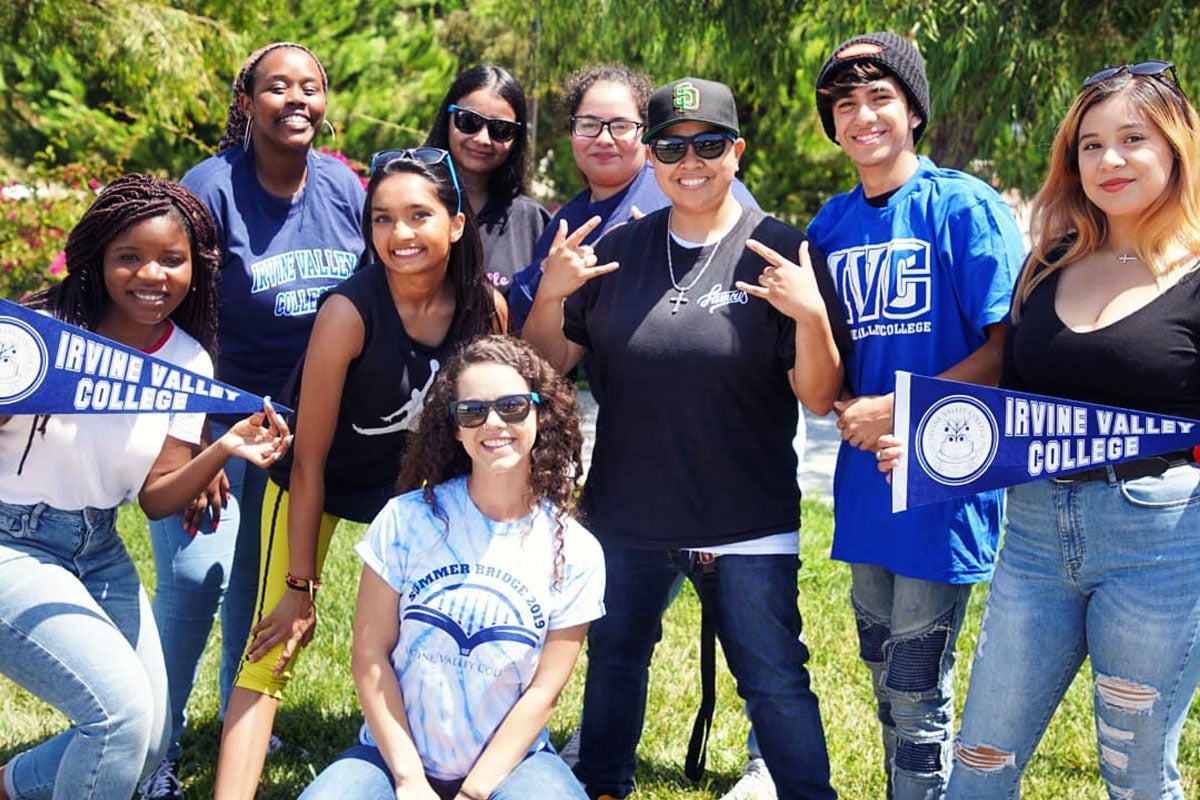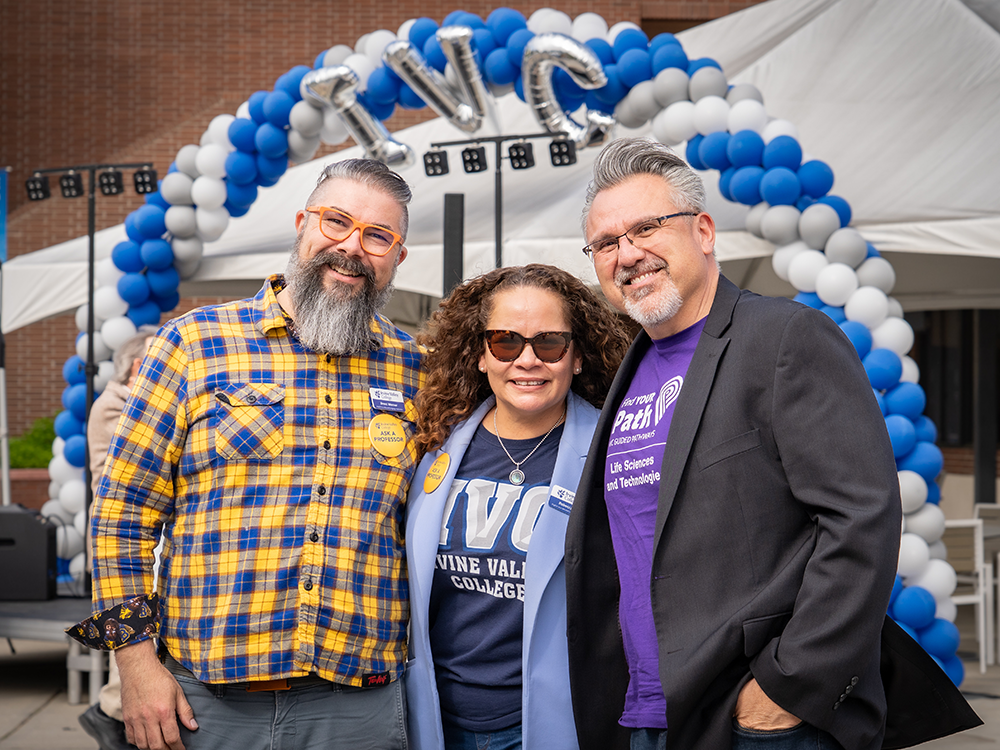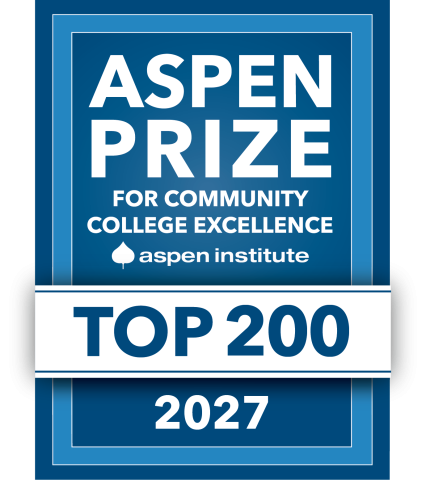Today, the Aspen Institute named Irvine Valley College (IVC) as one of the 200 institutions eligible to compete for the $1 million Aspen Prize for Community College Excellence, the nation’s premier recognition of high achievement and performance among two-year colleges. Started in 2010, this is the ninth cycle of the Aspen Prize.
“Being named among the Aspen Prize Top 200 U.S. Community Colleges is a tremendous honor that reflects the dedication and collective effort of our entire campus community,” said IVC President Dr. John Hernandez. “This recognition reaffirms IVC’s deep commitment to advancing student success, ensuring equitable opportunities for every learner, and promoting the economic and social mobility of our students. It underscores the value and return on investment of an IVC education in transforming lives and communities.”
The 200 colleges were selected based on their student outcomes data, including retention, completion, and transfer rates. Together, they represent the breadth and diversity of the community college sector. They are located in urban, rural, and suburban areas across the country and serve anywhere from a few hundred students to tens of thousands. Some of these colleges focus primarily on workforce programs, while others focus on transfer and bachelor’s attainment or a combination of the two.
“The Aspen Prize rewards colleges that achieve the kind of outcomes that actually matter to students—completing college degree programs that, in turn, lead to lifelong success,” said Josh Wyner, executive director of the Aspen Institute College Excellence Program. “At a time when many Americans are struggling to pay their bills, Aspen Prize winners offer a powerful message: Community colleges can deliver the kind of life-changing education that makes the American Dream real.”
As a next step, the 200 eligible colleges have been invited to participate in a rigorous review process that will culminate in the naming of the Aspen Prize winner in spring 2027. Over the coming 20 months, the colleges that apply for the Aspen Prize will be rigorously assessed based on (1) student outcomes data, ranging from student retention and completion rates to employment and wages after graduation, and (2) whether they have engaged in scaled practices that led to high and improving student outcomes.
Community colleges play a vital role in higher education across the country, educating about 40 percent of all undergraduates. Yet, national student outcomes fall short in both the rate at which students graduate and the percentage of students that achieve success after graduation. Aspen defines success as the ability to secure a good-paying job either after earning a community college credential or after successfully transferring and earning a bachelor’s degree. The Aspen Prize celebrates those community colleges with high and improving rates of student success. Aspen uses multiple data sources to identify colleges that are excelling, recognizing achievement in six key areas: teaching and learning, certificate and degree completion, transfer and bachelor’s attainment, employment and wages after graduation, and levels of college access. Aspen then researches the practices of these top colleges in order to share successful strategies with the field.
“Among these 200 colleges are some really special places that deliver strong and improving outcomes for students across the board,” Wyner said. “Our job over the coming 20 months is to work with a deep bench of field experts to assess which of these 200 stand out so we can not only honor them with a monetary award but drive attention to the most effective field practices that other colleges can replicate.”
Eligibility for the Aspen Prize is based on publicly available data. Colleges must show strong and improving student outcomes in first-to-second year retention, credentials awarded, and completion and transfer rates. To identify the 200, Aspen updated its data model—including new measures for part-time degree completion, transfer rates, and bachelor’s attainment—by adding data from the National Student Clearinghouse to federal data sets already being used. Nationwide, about 20 percent of community colleges have been invited to apply (200 of just under 1,000 public two-year colleges assessed for Aspen Prize eligibility). This represents an increase from the 150 institutions eligible to apply for the Aspen Prize in prior cycles. The full list can be accessed on the Aspen Prize homepage.
To read more about the selection process, visit Aspen Prize College Excellence Program.






